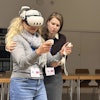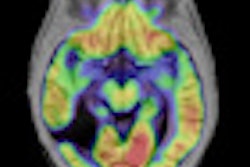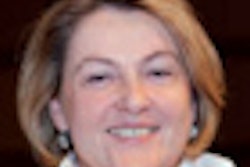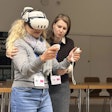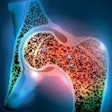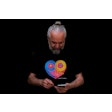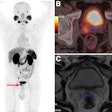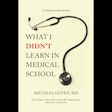
NEW YORK (Reuters Health) - Second-year residents are more likely than first-year residents to make diagnostic mistakes due to a certain type of cognitive bias, a new study published yesterday in JAMA shows.
The researchers believe more experienced physicians might be even more likely than residents to make these types of errors.
When faced with cases similar to previous ones, the second-year residents made errors consistent with the so-called availability bias. That is, they tended to weigh the likelihood of a diagnosis by how easily it came to mind, according to lead author Dr. Silvia Mamede of Erasmus University Rotterdam and her colleagues.
The study also showed that re-analyzing a case in a more structured way -- a technique they call reflective diagnosis -- can result in improved accuracy.
While the availability bias can be useful given that diagnoses that come to mind more often also tend to be more common, they add, "a serious problem may arise when that first impression is wrong, because physicians often become anchored in their initial hypothesis, looking for confirming evidence to support their initial diagnoses, underestimating evidence against it, and therefore failing to adjust their initial impression in light of all available information."
The JAMA article details the authors' three-phase experiment. In the first phase, they asked 36 first- and second-year internal medicine residents to evaluate the accuracy of a diagnosis in six cases. Next, they asked the residents to diagnose eight new cases as accurately and quickly as possible. Four of these cases had signs and symptoms similar to two of the diagnoses in phase 1, making the diagnosis particularly vulnerable to availability bias.
In the third phase, the researchers asked the residents to reflect on those four cases in a specific manner, for instance by listing findings that did and did not support their initial diagnosis, as well as findings that would be present if the diagnosis were true but that in fact were missing, along with alternative diagnoses. Last, the residents had to choose a final diagnosis.
Second-year residents were more likely to provide the phase 1 diagnosis for the similar cases in phase 2, the researchers found. Their diagnostic accuracy, out of a perfect 4.0, was 1.55 for cases similar to earlier ones and 2.19 for other cases. For first-year residents, the pattern was reversed: mean scores were 2.03 and 1.42, respectively. They were no more likely to give a diagnosis in phase 2 if they had seen a similar case in phase 1.
But all study participants made more accurate diagnoses when they used reflective reasoning. For interns, mean scores rose from 2.03 in phase 2 to 2.31 in phase 3; for second-years, scores were 1.55 and 2.03, respectively.
Physicians in clinics and emergency departments often see many patients with similar symptoms, the authors note. Given that more experienced doctors are likely to rely even more on nonanalytical reasoning, they say, "physicians with many years of clinical practice may be even more susceptible to the availability bias than second-year residents."
In terms of medical education, they add, "this study suggests that a relatively simple instructional procedure can be used to induce reflective reasoning and improve diagnostic accuracy."
In an editorial, Dr. Steven G. Pauker and Dr. John B. Wong of Tufts Medical Center in Boston point out that Dr. Mamede and her colleagues don't consider the extra time needed for reflective reasoning.
"Reflective diagnostic reasoning is a critical skill, but it must be applied selectively to be practical," they write. "Left unanswered is how to identify when a heuristic, such as availability, becomes a bias that impairs reasoning."
Source: http://link.reuters.com/cef24p
JAMA 2010;304:1198-1203.
Last Updated: 2010-09-16 11:51:02 -0400 (Reuters Health)
Related Reading
Experience is key to fewer errors in radiograph interpretations, May 28, 2008
Copyright © 2010 Reuters Limited. All rights reserved. Republication or redistribution of Reuters content, including by framing or similar means, is expressly prohibited without the prior written consent of Reuters. Reuters shall not be liable for any errors or delays in the content, or for any actions taken in reliance thereon. Reuters and the Reuters sphere logo are registered trademarks and trademarks of the Reuters group of companies around the world.



